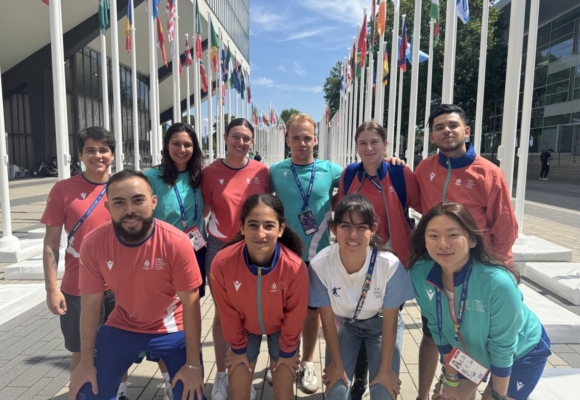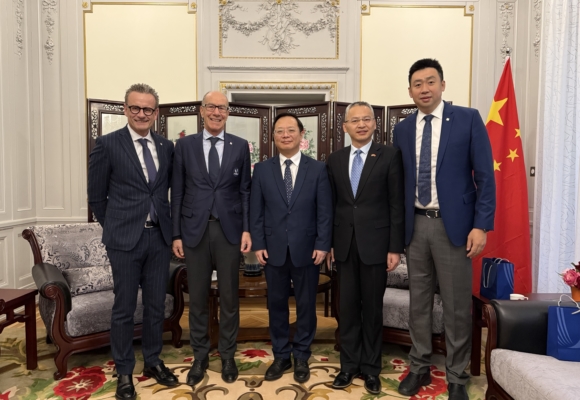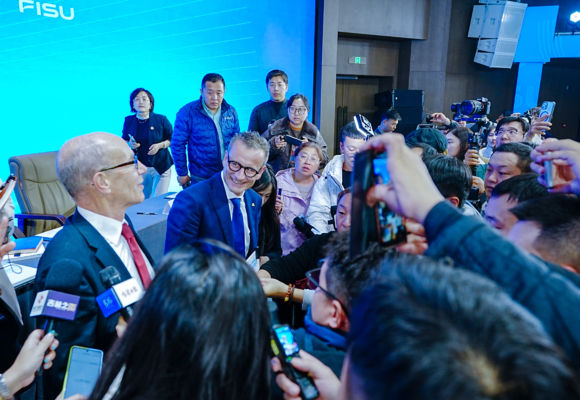Take a trip back through 60 years of Universiade history. The seventh stop on the FISU history tour takes us to the banks of the Danube River for the Budapest 1965 Summer Universiade.
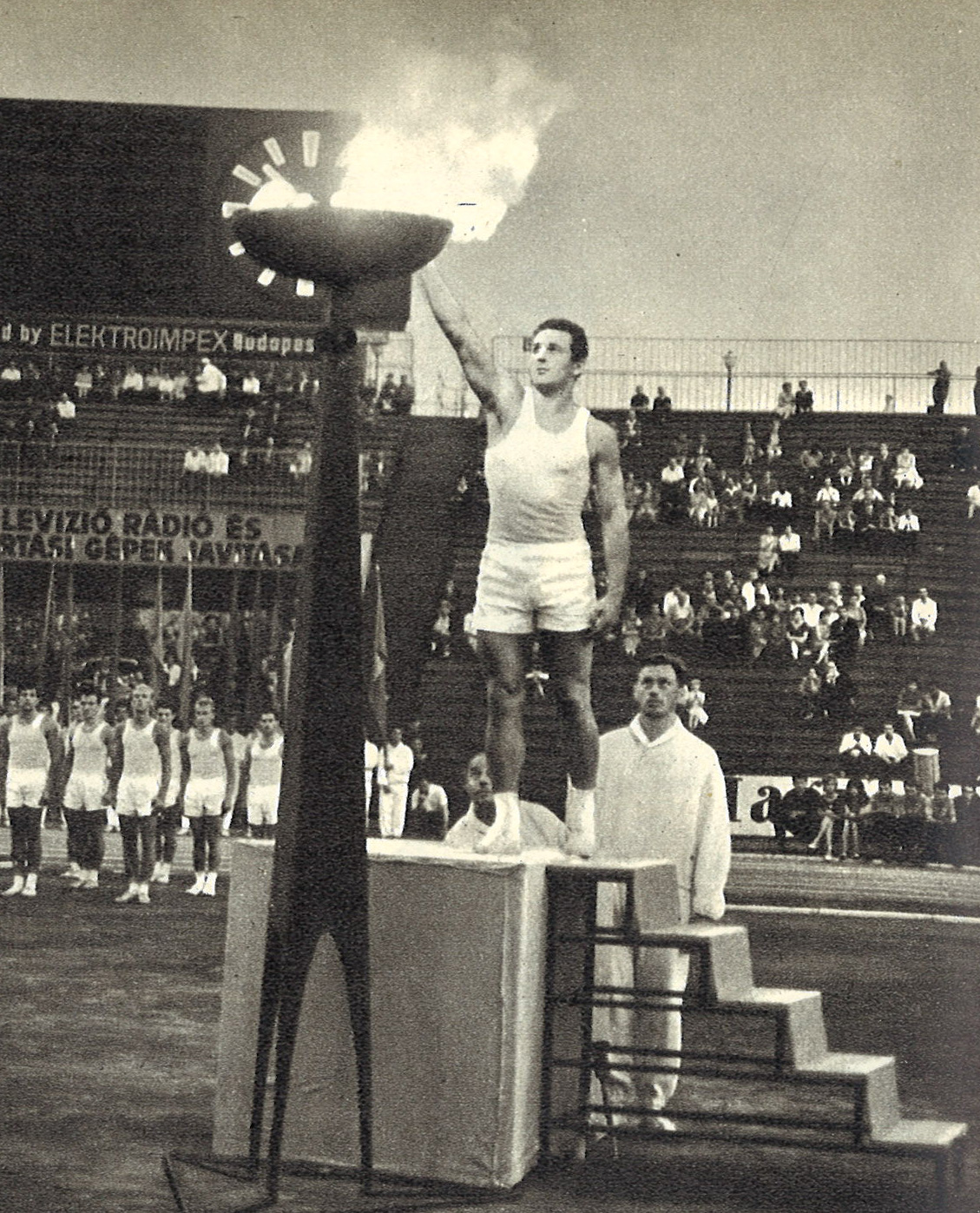 Building on the success of Porto Alegre two years earlier, the 1965 Summer Universiade, held in the Hungarian capital of Budapest, continued to extend its reach around the globe with an additional five nations joining the fourth edition of the Games.
Building on the success of Porto Alegre two years earlier, the 1965 Summer Universiade, held in the Hungarian capital of Budapest, continued to extend its reach around the globe with an additional five nations joining the fourth edition of the Games.
Among the newcomers to the fast-growing party was the United States, which would go on to snare a total of 12 gold medals – seven in swimming, four in diving and one in the basketball competition – trailing only the host country in the medals table and levelling the Soviet Union, which had topped the standings at the previous two Universiades in Sofia, Bulgaria, and Porto Alegre, Brazil, in 1961 and 1963, respectively.
The American arrival at the Universiade proved to be a catalyst the Games needed for its further internationalisation and was met with open arms by the founder of the world university sports movement, Jean Petitjean.
“The competitions here are a landmark in the history of the Games because of the participation of the American students,” the Frenchman said.
Hungary overcame tremendous financial hurdles in staging the Universiade, after investing heavily in taking part in the Tokyo Olympic Games held one year earlier. The Hungarians, though, managed to pull off the feat by drawing on their organisational experience and rich sporting tradition.
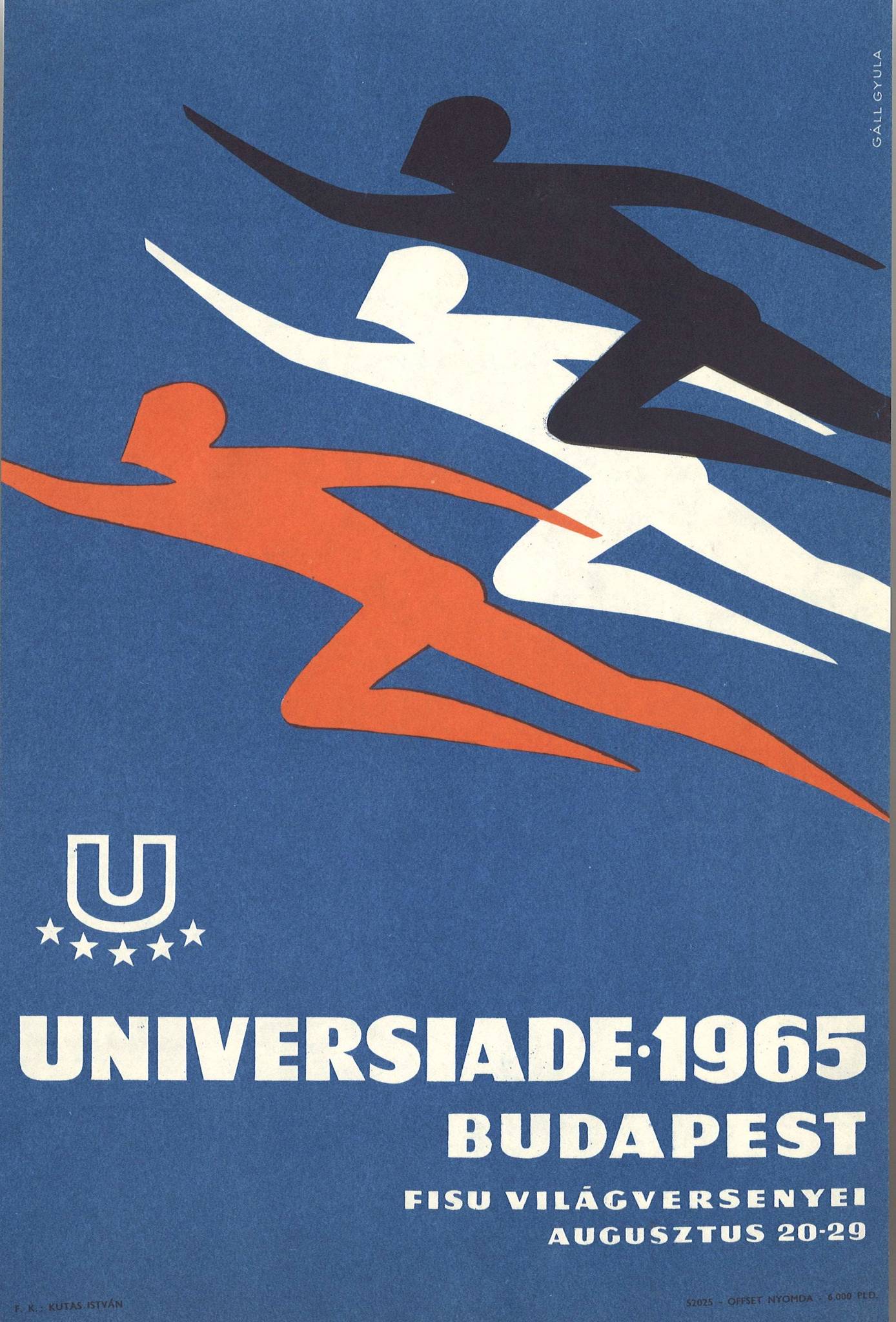
Nearly twice the number of athletes from Porto Alegre competed in the fourth Universiade – up to 1,729 entries – where athletics shone in particular. It featured a field that included some of the day’s biggest stars, such as Randy Manson of the United States in the men’s shot put; Poland’s Irena Kirszenstein (women’s 100 and 200 meters); Canada’s Bill Crothers (men’s 800m); American decathlete Bill Toomey; Soviet long jumper Igor Ter Ovanesian; John Pennel of the US in the pole vault; and Italian hurdlers Roberto Frinolli and Eddy Ottoz.
Behind Hungary, the Soviet Union and the United States in the medal standings was Japan, which captured five gold medals ahead of it becoming the host nation of the next Universiade two years down the road in Tokyo.
The legacy of Budapest, however, was that it cemented a notion that the Universiade now only trailed the Olympic Games in terms of recognized global multisport events.
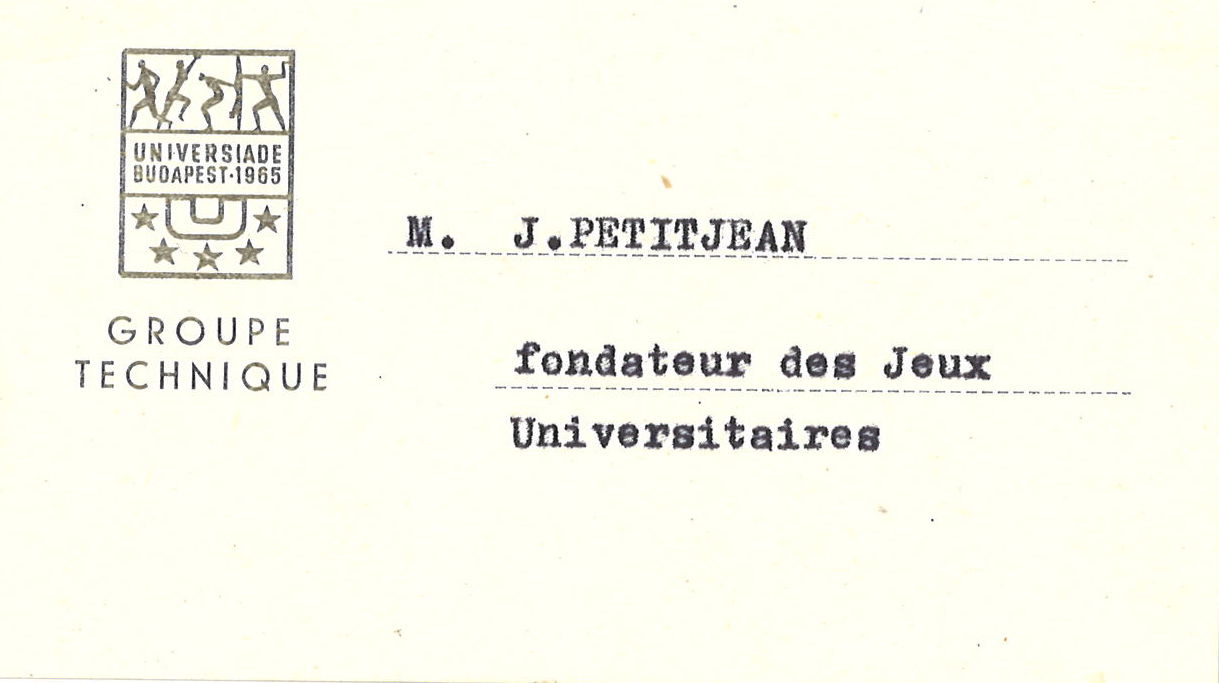 Correspondence from the founder of the international University Sport Movement, Jean Petitjean, sent during the Budapest 1965 Summer Universiade
Correspondence from the founder of the international University Sport Movement, Jean Petitjean, sent during the Budapest 1965 Summer Universiade
